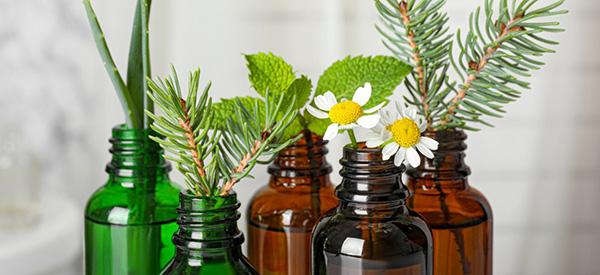
The Complete List of Essential Oil Substitutes
Plants have been used medicinally for many thousands of years. There are many different ways to extract the beneficial properties from plants and creating an essential oil is one of them. Normally inhaled or diluted and applied topically, essential oils provide a way for you to partake in the medicinal properties of the plants without needing to ingest them.
Created by a distillation process, essential oils contain the “essence,” the active compounds, of the plants. These compounds are super concentrated so when using essential oils it is important to use them sparingly. Large quantities of plant matter are required to make just a small amount of essential oils making them very expensive.
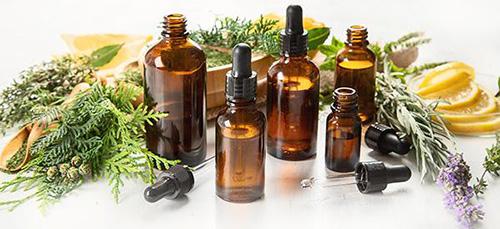
Therefore it can take time to build up your collection. As you are acquiring essential oils it is useful to know the different qualities and uses of them. Learning how to substitute one essential oil for another is helpful for many reasons.
Eucalyptus
There are many varieties of Eucalyptus essential oil available but Eucalyptus Globulus is the most common. Eucalyptus EO is popular because of its diverse uses. It can be used to treat colds and respiratory problems as well as muscle aches. Simply inhaling the scent of eucalyptus can aid in opening your lungs and help alleviate respiratory problems. Add 3-5 drops to a steam diffuser.
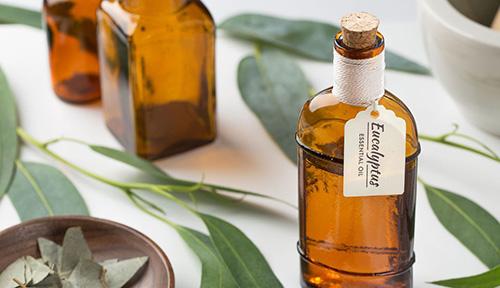
Eucalyptus oil can also be added to a salve or carrier oil and rubbed directly on the skin. Add 5 drops to a tablespoon of carrier oil such as coconut or sweet almond oil. To make a salve mix your infused carrier oil with a harder butter, like cacao or shea butter and beeswax. Melt equal parts butter, beeswax, and oil together in a double boiler to combine. Pour the melted mixture into a glass jar and allow it to cool. Apply it directly to your chest to help open your lungs. For muscle aches and pains massage the salve or oil directly into the affected area.
Lavender
Lavender, Lavandula angustifolia, is one of the most popular essential oils. Known for its distinctive floral scent lavender is calming and can help you fall asleep. It can be used to treat anxiety, depression, insomnia, as well as many other conditions.
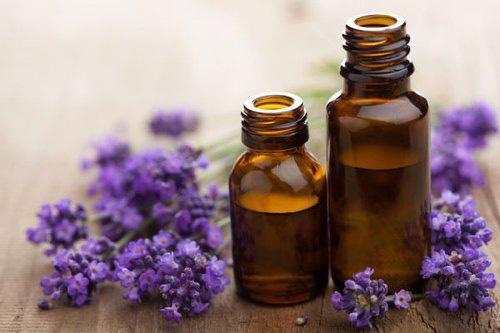
The best way to use lavender essential oil is to inhale the scent. You can add 3-5 drops of the EO to a steam diffuser to help with calming anxiety, depression, and to help you sleep better.
Alternately you can a few drops to a moist cloth and inhale the relaxing scent that way.
Tea tree
Tea tree oil comes from Melaleuca Alternifolia, a small tree native to Australia. It has been used in traditional aboriginal medicines to treat skin conditions. Tea tree oil is known to be antiseptic, anti-fungal, and antibacterial.
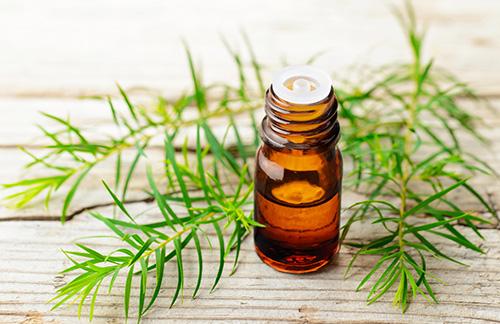
Make sure you dilute your tea tree oil with a carrier oil like olive oil or coconut oil before you apply it to the skin to prevent any skin irritation. You can add 10 drops of tea tree oil to two tablespoons of your carrier oil. This can be rubbed on to the skin to help with athlete’s foot or other fungal infections, skin irritation, aid the healing of wounds, and to fight acne.
Lemongrass
Lemongrass, Cymbopogon Citratus, is a fragrant grass native to Indian with a distinctive citrus aroma. A common culinary ingredient, lemongrass has many medicinal uses. It is known for its ability to aid with muscular aches and pains, stomach and intestinal problems, and as an insect repellent.
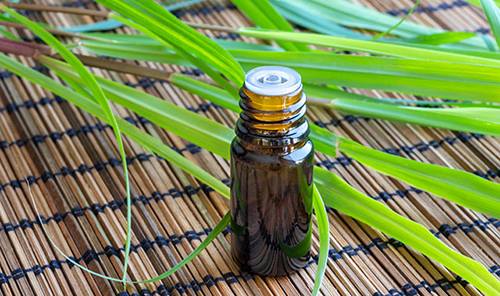
You can add 3-5 drops to a steam diffuser and breath in the distinctive scent. For use as an insect repellent add a few drops of the EO to a carrier oil, like coconut or sweet almond oil, and apply directly to your skin. Be sure to dilute well because lemongrass can be irritating to your skin. Use no more than 5 drops for every tablespoon of carrier oil.
Jasmine
Jasmine, Jasminum Grandiflorum, is known for its delightful fragrance. Rather than using steam distillation, jasmine essential oil is extracted with a solvent from the sweet-smelling flowers.
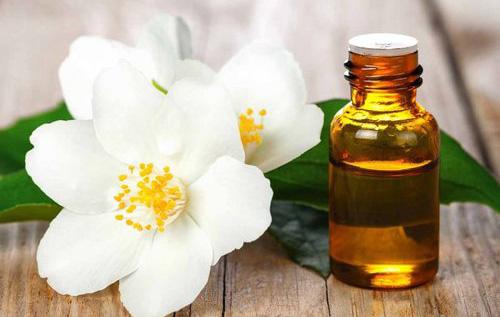
The scent is known as an aphrodisiac and also help alleviate depression, exhaustion, and to ease labor pains. Add 3-5 drops to your steam diffuser to elevate the mood and create energy. Or you can mix 5 drops to a tablespoon of carrier oil like coconut or sweet almond oil and apply it directly to your skin.
Citronella
Citronella is known for its ability to repel mosquitoes but it has other beneficial qualities as well. It is derived from fragrant grasses in the Cymbopogon genus that are native in Asia. Citronella can help alleviate muscular aches and pains, as well as fatigue.
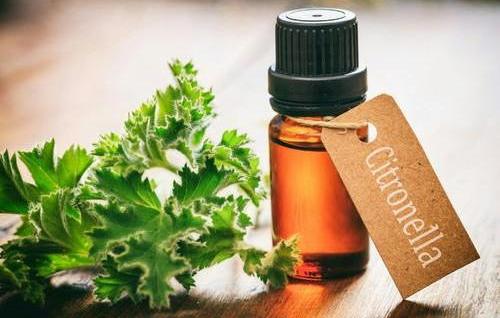
It is also known to aid in healing minor infections and as an anti-fungal agent. Aid a few drops to your steam diffuser to help repel mosquitoes or to chase away your aches and pains.
To treat infections and skin conditions add 5 drops of EO to a carrier oil such as coconut or sweet almond oil. Rub the oil into the affected area. Remember never apply undiluted essential oils directly to your skin.
Peppermint
Peppermint, Mentha piperita, is a common herb found in many gardens. Its distinctive smell is pleasant but can be overwhelming when used in large quantities. Peppermint oil contains menthol which is known to help alleviate tension headaches and aid with coughs, colds, and flu.
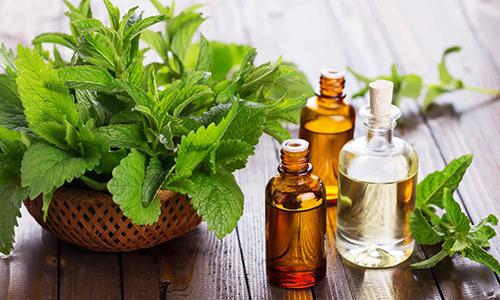
The smell can be stimulating so it is best to avoid peppermint oil before bedtime. To help get rid of headaches and coughs it is best to use a steam diffuser. Add a 3-5 of peppermint oil and breathe the menthol-rich steam. This should quickly banish your headache or help ease your cough and cold.
Patchouli
While not everyone likes the distinctive smell of patchouli, if you are willing to give it a try you will find it has many beneficial uses. A tropical plant, patchouli, Pogostemon Cabli, will grow in the summer throughout the US with care.
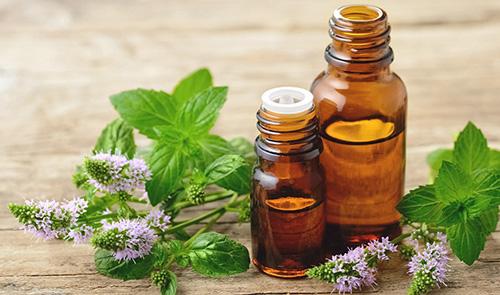
Patchouli is thought to have anti-inflammatory, anti-fungal qualities. If you enjoy the scent, you can add a few drops to your steam diffuser and it can help alleviate stress and repel insects. It is common to use patchouli oil to treat skin conditions like eczema, itchy skin, and acne as well as fungal infections.
Dilute 6 drops of oil into one tablespoon of carrier oil like coconut or sweet almond oil and apply it to the affected area.
Rosemary
Rosemary is a common culinary herb found in the garden. Known for its stimulating smell has long been associated with improving memory. Different varieties of rosemary are better for distinct uses. Rosmarinus officinalis var camphor smell more strongly of camphor making it a better choice for respiratory issues, while Rosmarinus officinalis var verbenone smells more herbaceous.
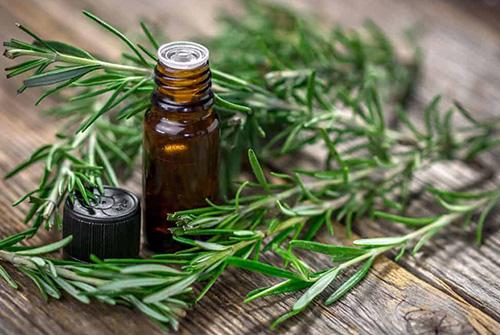
For respiratory issues, rosemary is best inhaled. Either add a few drops to a steam diffuser or drop 2-3 drops on a moist cloth and inhale the aroma. Rosemary can also be used to help with joint and muscle pain. Dilute 6 drops of rosemary oil into a carrier oil like coconut or sweet almond oil. Rub the diluted oil onto the affected area.
Orange
While there are many varieties of oranges out there sweet orange, Citrus sinensis, is the most common essential oil used. Known for its fresh, citrusy scent it is great to lighten the mood, freshen up space, and to alleviate cold and flu symptoms.
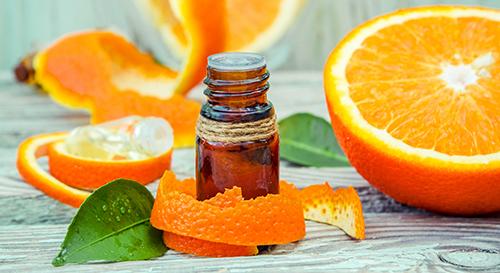
It is best to diffuse the scent into the air using a steam diffuser. Add 3-5 drops of oil into your diffuser, but be cautious as some people may have an allergy to the scent. You can also add a few drops to your cleaning products to help disperse the fresh scent throughout your home.
Always use care with essential oils. They should never be ingested or applied directly to the skin. If you are unable to find the essential oil you are looking for reference the chart below to find the correct substitution.
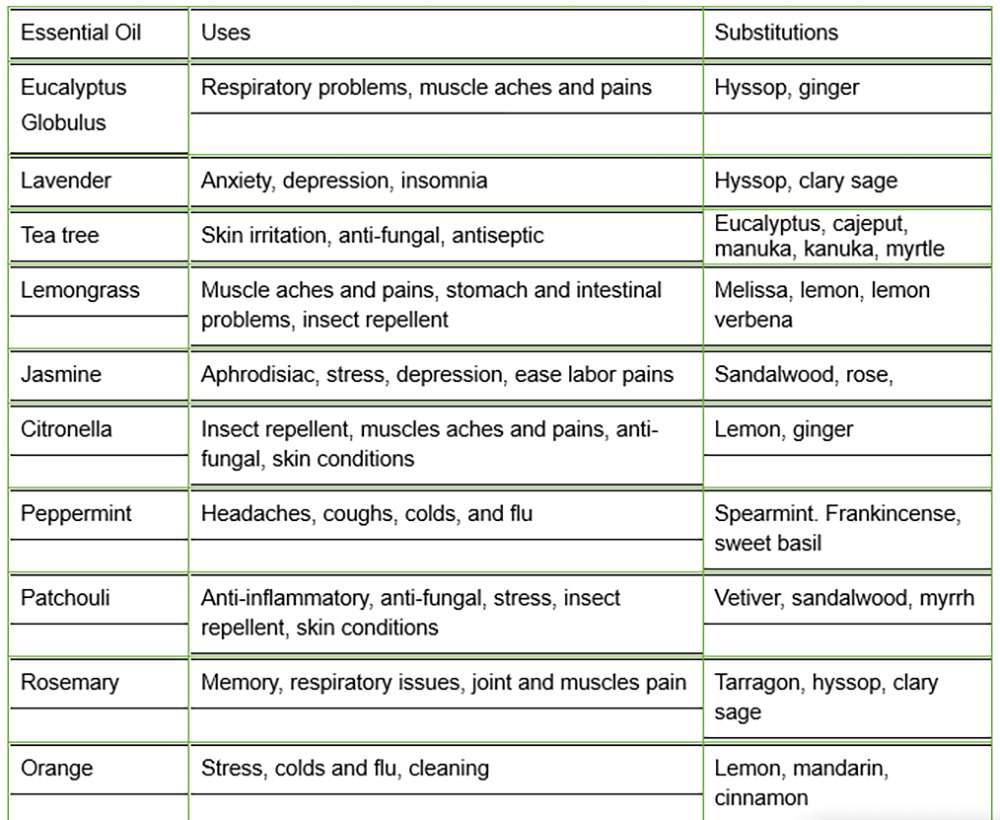
You may also like:
 How Long Do Dried Herbs, Ointments, Syrups and Tinctures Last?
How Long Do Dried Herbs, Ointments, Syrups and Tinctures Last?
What to Eat to Protect Your Liver (Video)
15 Common Herbal Mistakes You Are Probably Making Right Now!

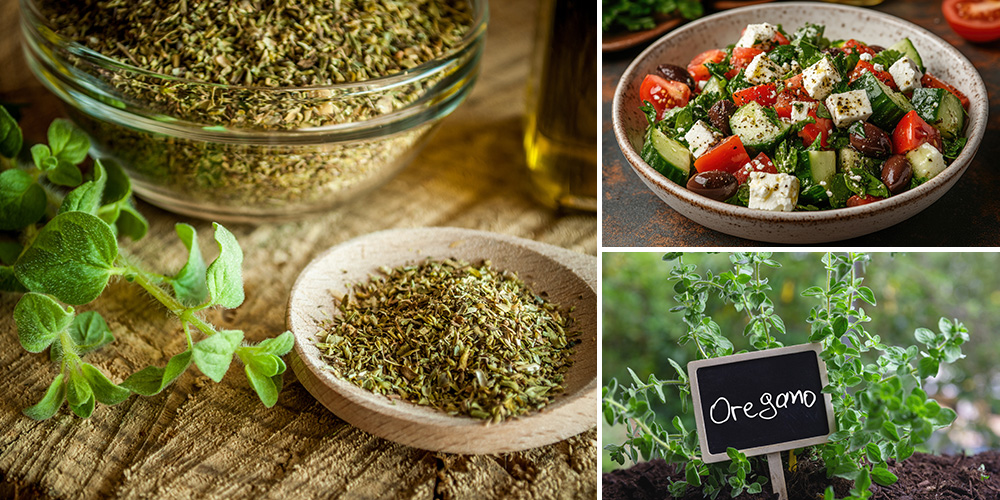

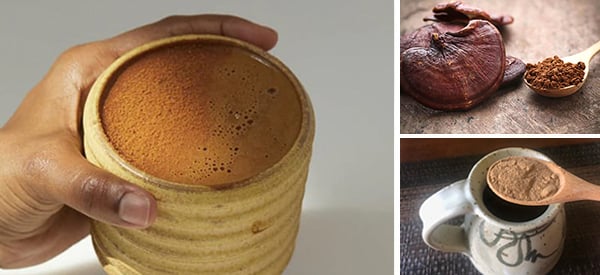
Are there best places to purchase the EO’s ?
Aromatics international aura Acacia are two that I recommend. You can see their GCMS reports. They are pretty transparent with their information, quality, resourcefulness. I have looked into and vetted many And these are the only two at this time that haven’t shown contamination. Do you research
Young Living’ oils are wonderful. My daughter and I liked them so much we became affiliates with them.
Title is misleading: this is FAR from being a COMPLETE LIST of E.O. substitutes.
James Blankenship: I suggest Mountain Rose Herbs, or Plant Therapy. There are other companies out there, but purity and other issues can be a problem. Don’t get sucked into MLM (Multi-Level Marketing or pyramid) companies like DoTerra or Young Living…they are unnecessarily expensive.
Less expensive oils can be purchased on Amazon, but again, the purity isn’t guaranteed.
Rocky Mountain Oils, Aromatherapeutix and Eden Botanicals are also places I have purchased E.O.’s…
Best to get organic essential oils only, as pesticides are a problems on many plants, like roses, etc.